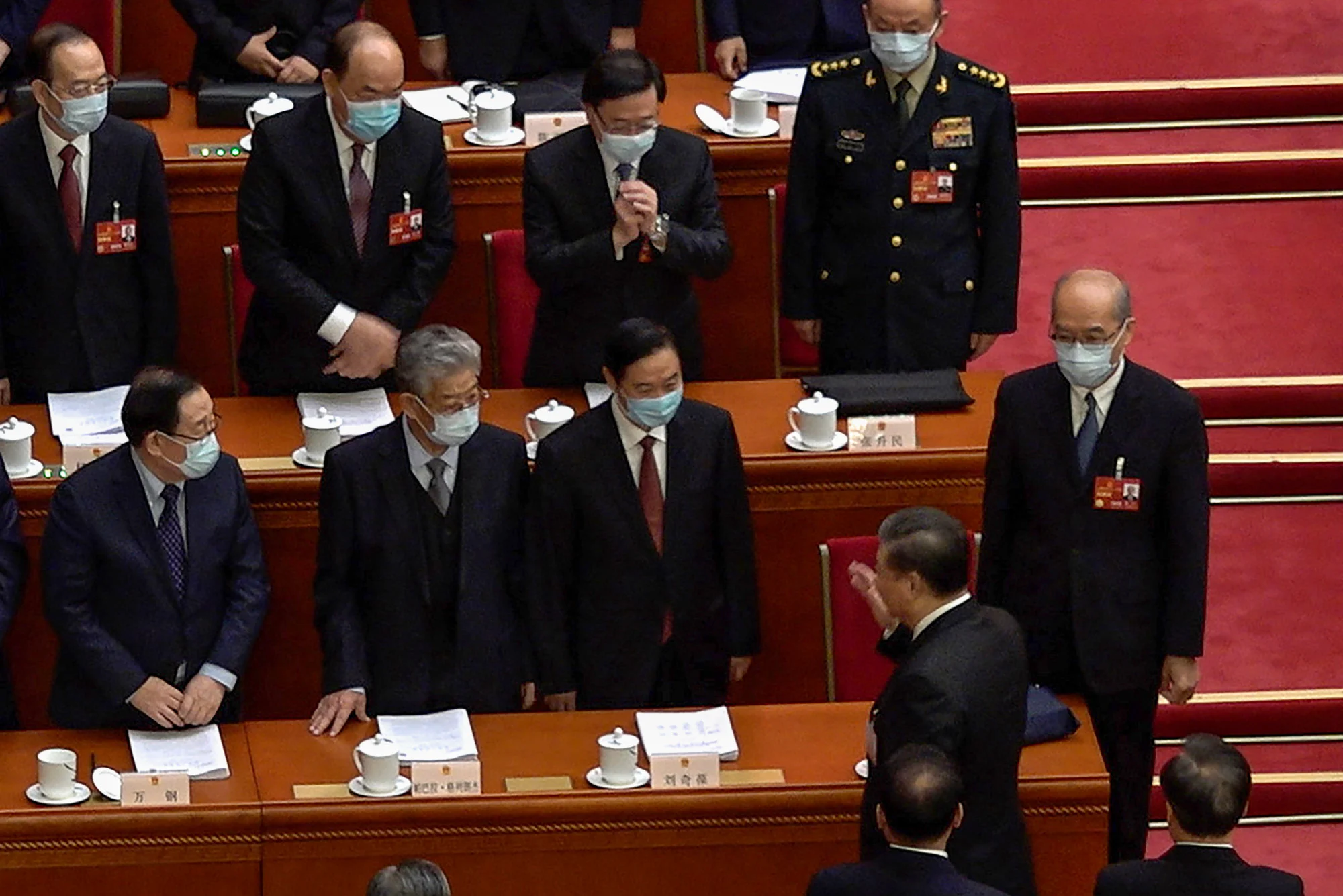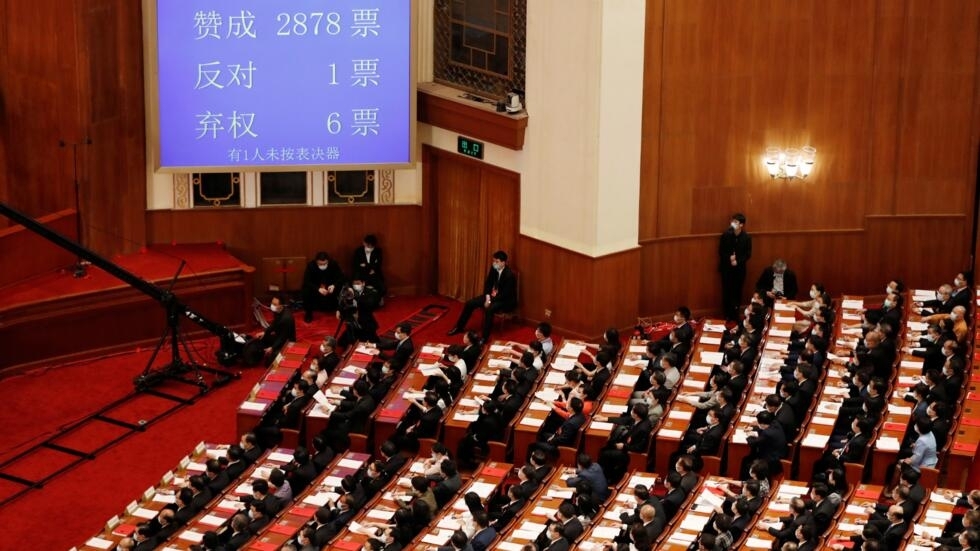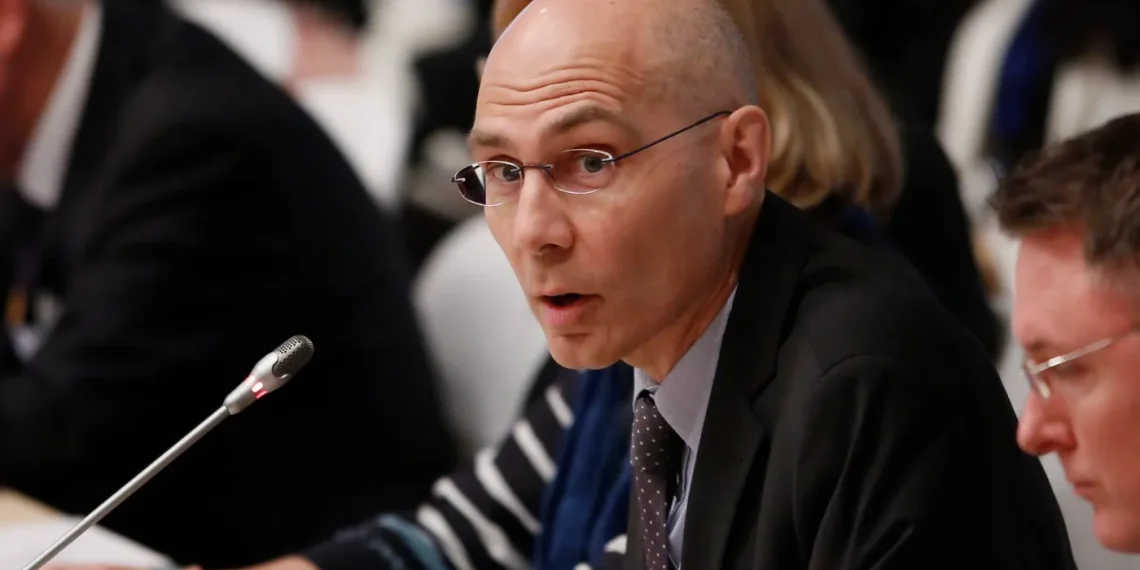The European Union and the United Nations voiced alarm over Hong Kong’s new national security bill, expressing fears that it could undermine fundamental freedoms in the city.
United Nations High Commissioner for Human Rights, Volker Turk, criticized the accelerated legislative process, highlighting concerns about the bill’s provisions conflicting with international human rights law.
The bill, known as Article 23, was swiftly passed by Hong Kong lawmakers just two weeks after its introduction, sparking criticism for its potential threat to the city’s freedoms. It targets offenses such as treason, sabotage, and espionage, carrying sentences ranging from several years to life imprisonment.

This legislation follows China’s imposition of a national security law in 2020, enacted in response to widespread protests the previous year. Since the implementation of the national security law, numerous pro-democracy activists have been imprisoned, and the United States has imposed sanctions on key Hong Kong officials.
Turk warned that the bill’s broad and vague provisions could lead to the criminalization of activities protected under international human rights law, including freedom of expression and peaceful assembly.
The European Union also expressed concerns about the bill’s potential impact on the rights and freedoms of Hong Kong residents.

It raised questions about the city’s long-term attractiveness as an international business hub and called on Hong Kong to uphold the high degree of autonomy promised under the “one country, two systems” framework.
Britain emphasized the legislation’s implications for Hong Kong’s reputation as a city that upholds the rule of law and protects its citizens’ freedoms. However, China defended the bill, stating that it would ensure Hong Kong’s prosperity and stability while safeguarding the interests of overseas investors.
As international scrutiny intensifies, the debate over Hong Kong’s national security legislation continues, raising significant concerns about the city’s future trajectory and its commitment to democratic principles and human rights.





